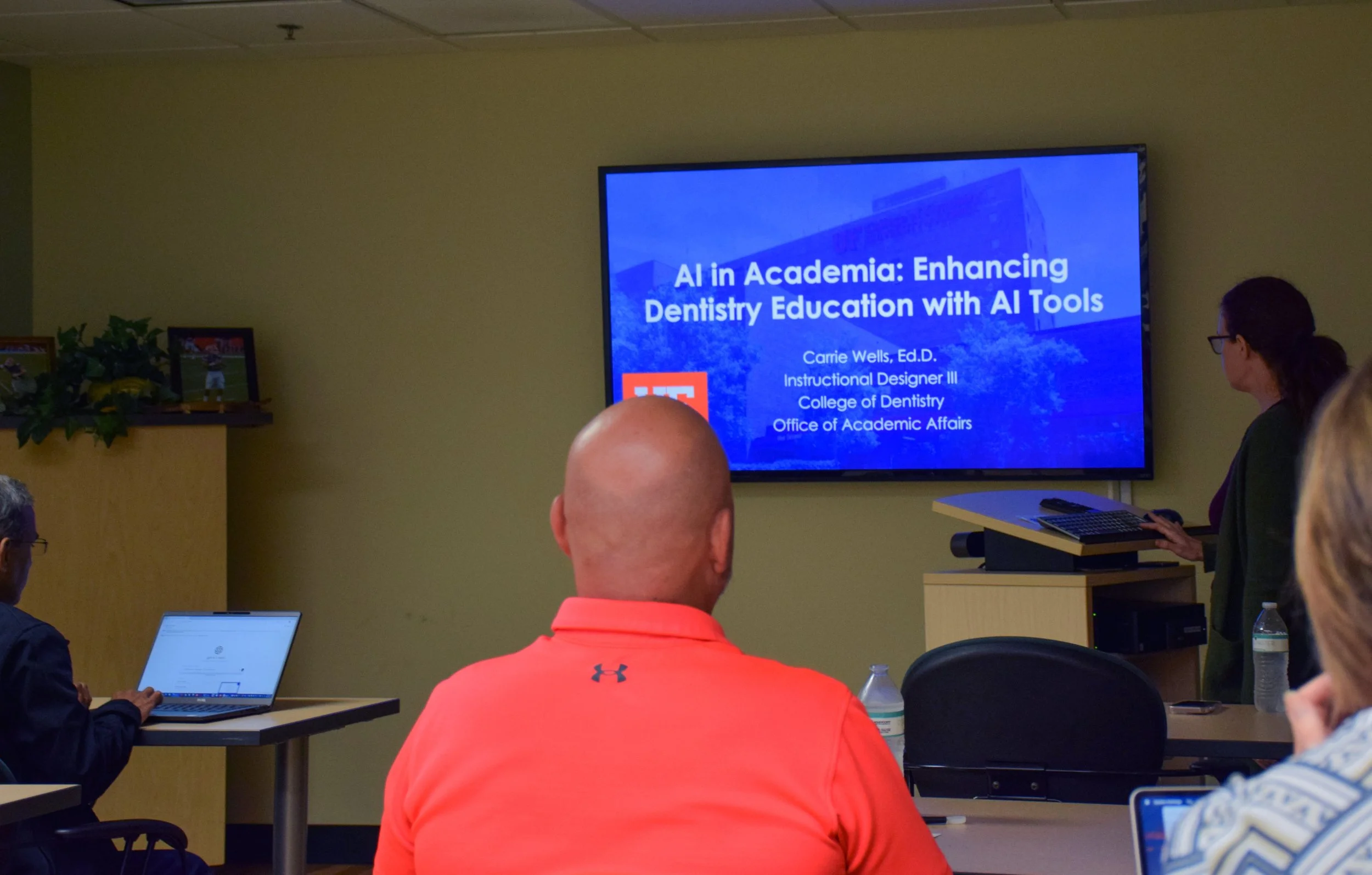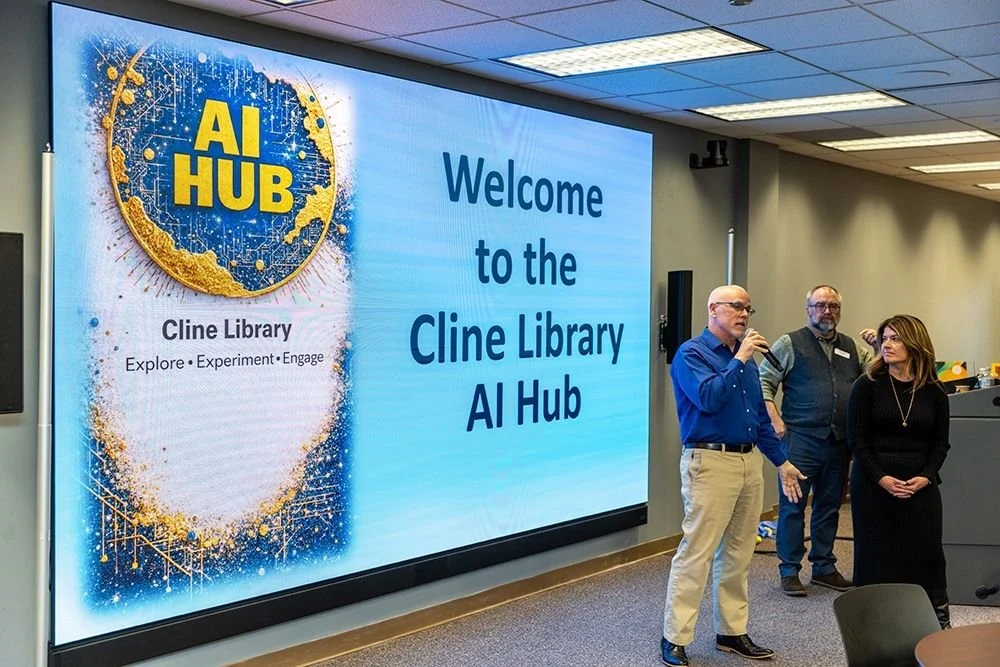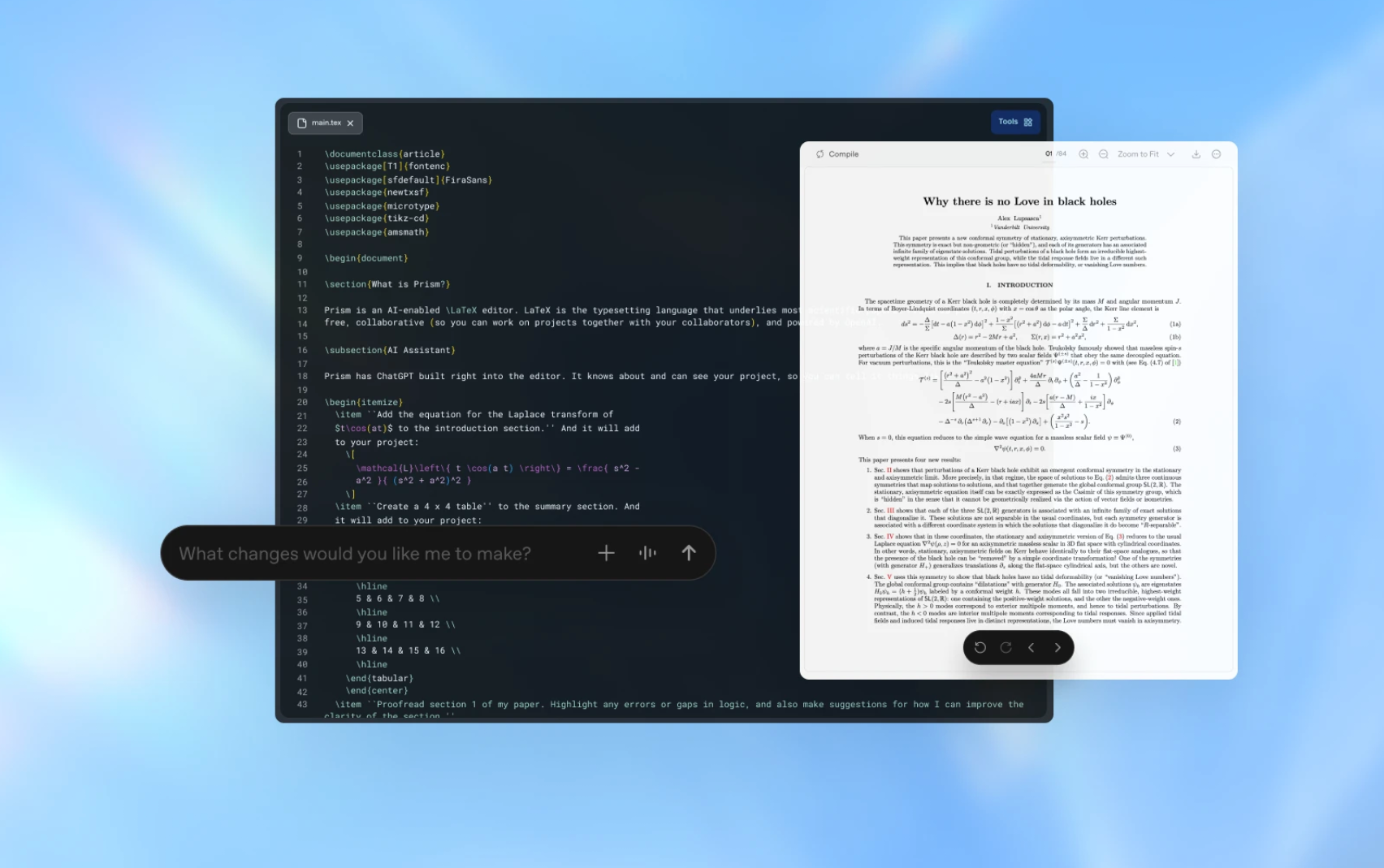University of Florida integrates AI across dental curriculum to build clinical reasoning and critical thinking
AI is being used to reshape dental education at UF, focusing on clinical reasoning and ethical decision-making without replacing human judgment.
Photo credit: University of Florida
The University of Florida College of Dentistry (UFCD) is integrating artificial intelligence across its programs as part of a wider institutional push to develop AI fluency among students.
The work aligns with UF’s broader “AI Across the Curriculum” strategy, designed to embed AI education throughout undergraduate instruction.
Carrie Wells, Ed.D., instructional designer at UFCD, is leading the effort to introduce AI tools into course structures and assessments. Her work centers on using AI not to simplify coursework, but to deepen critical thinking in clinical and academic contexts.
Overjet supports diagnostic reasoning
One of the more advanced applications is taking place in UFCD’s clinics through a partnership with Overjet, an FDA-cleared AI tool that analyzes dental radiographs. By generating color-coded overlays on grayscale X-rays, Overjet helps students shift from surface-level pattern recognition to deeper diagnostic analysis and treatment planning.
Rather than automating answers, the tool is intended to reinforce diagnostic reasoning and communication skills, according to UFCD.
Curriculum revision and course redesign
Beyond clinical tools, Wells is working directly with faculty to adapt the Doctor of Dental Medicine (DMD) curriculum. She collaborates with course directors to modify instructional design using AI as a support mechanism in student activities.
“AI can play many roles,” says Wells. “But my favorite is just a brainstorming tool.”
As part of faculty development workshops, Wells introduces practical use cases for AI in teaching, ranging from acting as a tutor to assisting in planning course structures or facilitating reflective exercises. Each application is guided by the objective of increasing student engagement and prompting complex thought.
Applying AI in professionalism training
Wells recently worked with faculty teaching a fourth-year professionalism course after concerns were raised about the depth of student responses in a required ethics paper. To address this, the instructional team introduced an AI-powered interviewer that prompts students to reflect on clinical decisions by asking targeted follow-up questions.
“We needed evidence of a deeper exploration of the students’ ethical dilemmas in clinics, and the AI interview was the opportunity to demonstrate this,” says Wells.
Rather than generating responses, the tool guides students to articulate their reasoning, helping surface the values behind their clinical judgments.
AI use tied to broader institutional investments
UF’s efforts in AI education have been supported by a $70 million partnership with NVIDIA and the university’s HiPerGator supercomputer. Within the College of Dentistry, this infrastructure is supporting experimentation with large language models in student training while maintaining an emphasis on faculty-led instruction.
Wells frames AI not as a replacement for instructional design but as a tool to shift cognitive load toward higher-order thinking.
“AI can be a great debate partner,” she says. “I actually encourage debating the side you don’t support.”
























